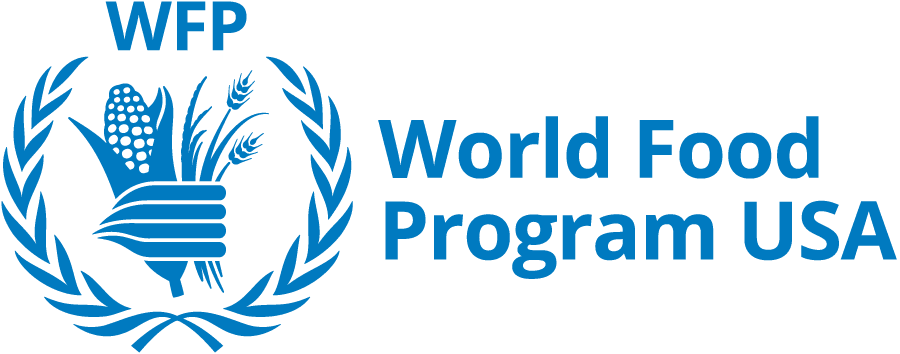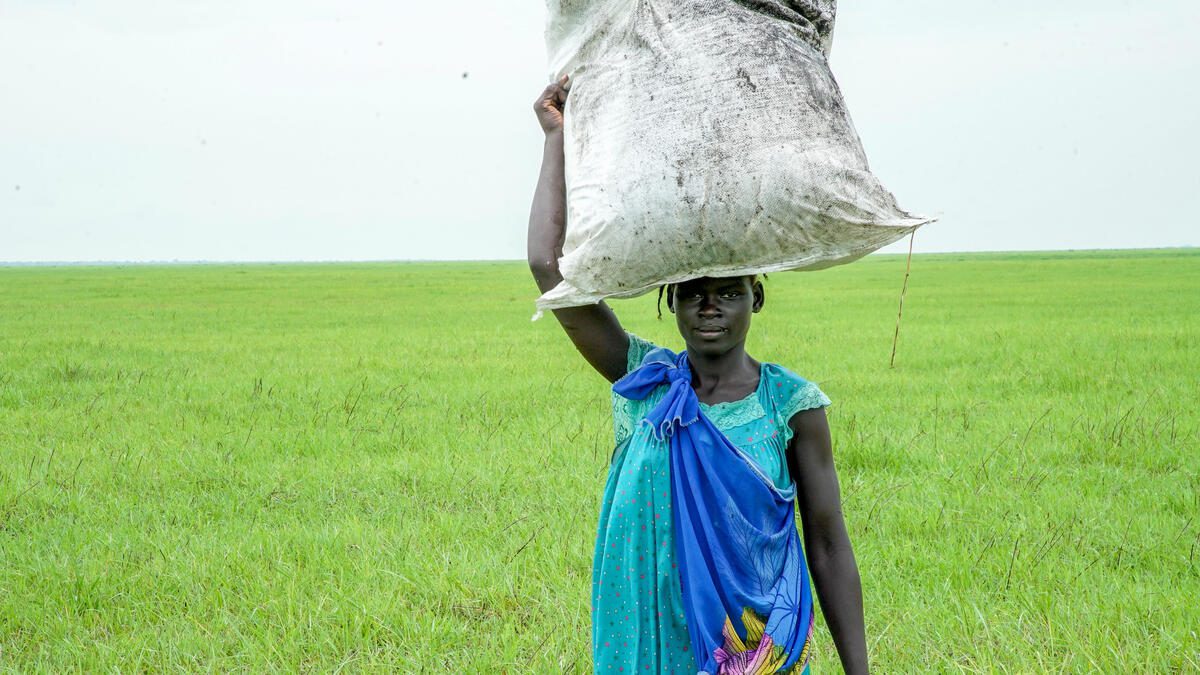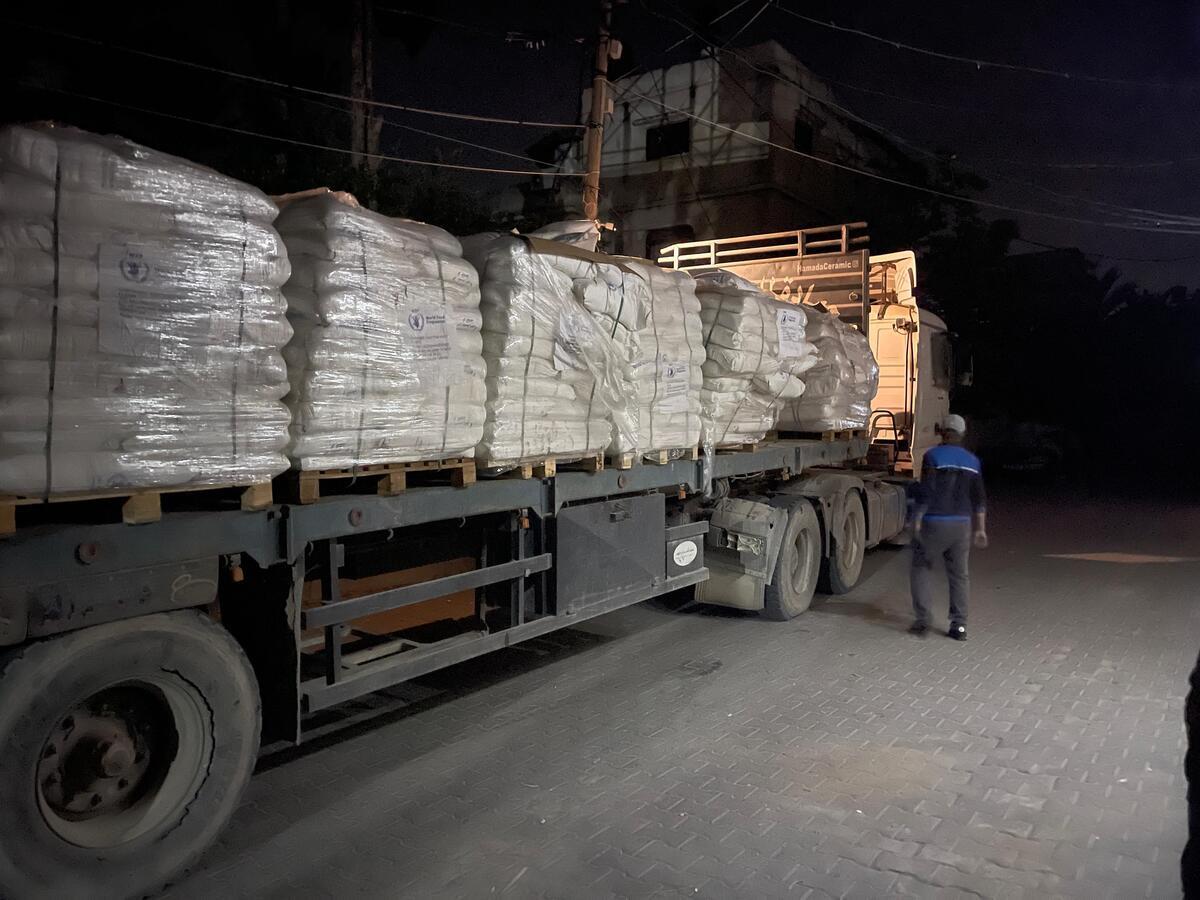There have been significant and meaningful advancements in women’s rights, but gender inequality is still pervasive. It affects all countries and areas of society. But one area of gender inequality that is widespread and often overlooked is access to food. Women are hungrier.
Ending hunger and providing women with equitable food access is the key to fighting gender inequality.
Gender Inequality in Different Forms Around the World
The consequences of entrenched gender inequalities range from the wage gap to structural barriers that keep women in the home to gender-based violence.
Economic inequality: In some places, both legal and cultural barriers prevent women from owning land or working in certain industries. Almost half of the global agricultural workforce is female, but less than one in five landowners worldwide are women. Some countries don’t allow women to work without the permission of a husband or other male guardian.
Inequality in education: In many societies, social or cultural norms keep girls at home while boys are sent to school. Girls who don’t attend school have a higher chance of being forced into child marriages, and conversely, girls married early have a lower chance of returning to school to complete their education.
Inequality in personal safety: Gender-based violence can affect anyone but it disproportionately affects women and girls. Girls in child marriages are more susceptible than adults to violence in the home. Women in crises settings – like conflict zones – are also at higher risk of gender-based violence. For example, female refugees are vulnerable to violent attacks during their journeys in search of food, shelter and work.
These forms of inequality stem from long-held cultural beliefs and social structures that devalue women.
One of the most pervasive but overlooked forms of gender inequality is access to food.
Women and Girls Are Disproportionately Hungrier
 Around the world, women eat less and eat last.
Around the world, women eat less and eat last.
Acute hunger disproportionately impacts women: Of the 333 million people experiencing acute hunger in the world, 60% are women and girls. In many societies, women often receive less food than men do and are the last family members to eat due to deeply ingrained gender norms. This inequitable access to food permeates all other forms of gender inequality. Women often bear the uneven burden of caring for the family and providing food, but are denied the resources and opportunities to do so.
Related: Top 6 Reasons Women are Hungrier Than Men
If we’re to advance gender equality for women around the world, food is the place to start.
Equal access to food can be the foundation for dismantling traditional gender norms and fostering gender equality in women’s communities. Equitable food access not only addresses the immediate survival and nutritional needs of women, it also sends a powerful message affirming the value and importance of everyone – including women – in society.
Let’s explore how food is a core part of gender inequality, and how it can unlock wider social change.
Justice for Women Starts with Food
Food can provide physical safety.
Women often bear the burden of finding food for their families. In places affected by instability and conflict, this search for food can put them at higher risk of gender-based violence. 1 in every 5 female refugees has experienced sexual violence. At a refugee camp in the Democratic Republic of Congo, WFP Deputy Country Director Natasha Nadazdin says, “If there’s no food, then women are often compelled to look for it outside the camps where they live. That’s often when and where gender-based violence occurs.”
 WFP is providing cash distributions to displaced people in refugee camps in the DRC to go towards their food basket and urgent needs.
WFP is providing cash distributions to displaced people in refugee camps in the DRC to go towards their food basket and urgent needs.
By providing adequate food and work opportunities within refugee camps, we can protect women and reduce the risk of violence. The U.N. World Food Programme provides food and cash assistance to women in refugee camps in the DRC and other places around the world.
In Bangladesh, the U.N. World Food Programme provides Rohingya refugees with electronic vouchers to purchase food. Fatema is a single mother who recently received a voucher. She says, “I am immensely grateful for this as it restored my dignity. I feel stronger… I feel safer and more in control.”
School meals can open up educational opportunities.
In places where hunger is prevalent, boys may be allowed to attend school, but girls are often required to stay home to help find and prepare food. In rural areas globally, 45% of boys attend school compared to only 39% of girls. And in places affected by conflict, girls are twice as likely to drop out of school than boys. In some of the worst cases, girls may be sold into marriage so there is one less person to feed in a household.
School meals are an incentive for families to send their daughters to school. Parents save money on food while their daughters receive an education. That means a daily school meal can keep young girls in school instead of married or kept at home to help their families.
In Uganda, Esther attends a school where the U.N. World Food Programme provides school meals. 34% of girls in Uganda are forced into marriage before they turn 18, like Esther’s sister. Because Esther can attend school and receive daily meals, she and her classmates have a higher chance of avoiding early marriage and completing their education.
 Esther, 15, attends Kangole Girls Primary School in Uganda, where WFP provides school meals, preventing girs from entering early marriages and dropping out.
Esther, 15, attends Kangole Girls Primary School in Uganda, where WFP provides school meals, preventing girs from entering early marriages and dropping out.
Skills training bolsters women’s income and access to food
While women are primarily responsible for acquiring and preparing food, they often don’t have the necessary opportunities or resources. Globally, 72% of men are employed compared to only 47% of women, and women only make 77 cents for every dollar that men make. Many countries also have legal barriers to women finding employment:
104 countries restrict women from holding certain jobs
75 countries restrict women from owning land
18 countries require a husband’s permission for women to work
We need to equip women with the resources they need to provide for their families and communities. To that end, the U.N. World Food Programme invests in women through skills training, tools and cash grants to support their current livelihoods or help them start their own businesses. The U.N. World Food Programme also fosters financial inclusion for women by providing first-time access to banking and mobile money accounts. This helps women be financially resilient, save or access loans and build a future for themselves and their children.
In Bangladesh, Taimy is a mother of four children. Her father died when she was young, so she couldn’t afford to go to school. Without an education, she could only find work as a day laborer and barely provided for her family. Through a U.N World Food Programme livelihoods program, Taimy learned business skills and financial literacy. At the end of the program, Taimy submitted her business plan and received a cash grant to start a vegetable and goat farm. Taimy is now able to provide for her family and continues to grow her business. As president of a collective of female business owners, she’s also giving back to her community by helping to train and encourage other women in developing their own businesses.
 Taimy (center), a participant in WFP’s Livelihoods program in Bangladesh, helps other women with their businesses.
Taimy (center), a participant in WFP’s Livelihoods program in Bangladesh, helps other women with their businesses.
By increasing women’s access to food and opportunities to earn an income, we address gender equality and empower women to fight hunger in their communities.
Related: Empower Women in the World’s Largest Refugee Camp
Women Are Key to Fighting Hunger and Inequality
Gender equality and the inclusion of women in leadership roles is also essential for directing food aid and policies. Within the U.N. World Food Programme, female country and regional directors help ensure food reaches the women and girls who need it.
Remember Esther in Uganda? The school meals program at her school is led by Joyce, who was once a student at the same school. When her family tried to force her into an early marriage, Joyce fled to Kenya. Years later as an adult, she returned to Uganda to work with the U.N. World Food Programme as a program associate overseeing the school meals program at the same school she attended. Through this work, Joyce now helps prevent other girls from entering forced child marriages.
 Joyce heads up the school meals program at Kangole Girls School in Uganda, which helps prevent girls from entering early marriage and dropping out of school.
Joyce heads up the school meals program at Kangole Girls School in Uganda, which helps prevent girls from entering early marriage and dropping out of school.
Related: 6 Women Leading the Fight Against Hunger
Gender inequality is pervasive and complex, particularly when it comes to food insecurity. Ensuring women and girls have access to food, education, jobs, and decision-making opportunities guarantees better nutrition for themselves, their families and their communities. That’s why, to sustainably solve global hunger, women need equal access to resources and to be included as leaders in their households, local community groups and at the national level.
When women have equal access to food, they become catalysts for change. By empowering women, we’re not just addressing hunger – we’re promoting gender equality in all its forms.
Women are the key to building a zero hunger world.






